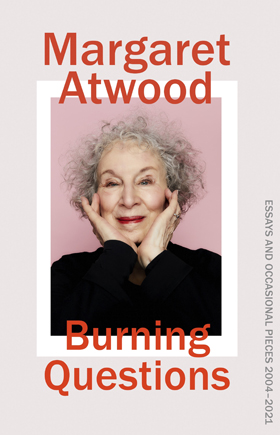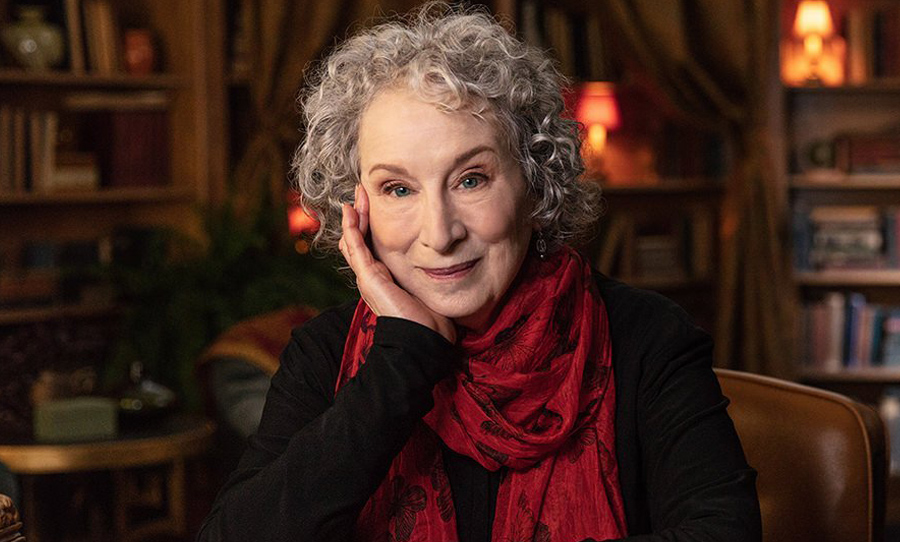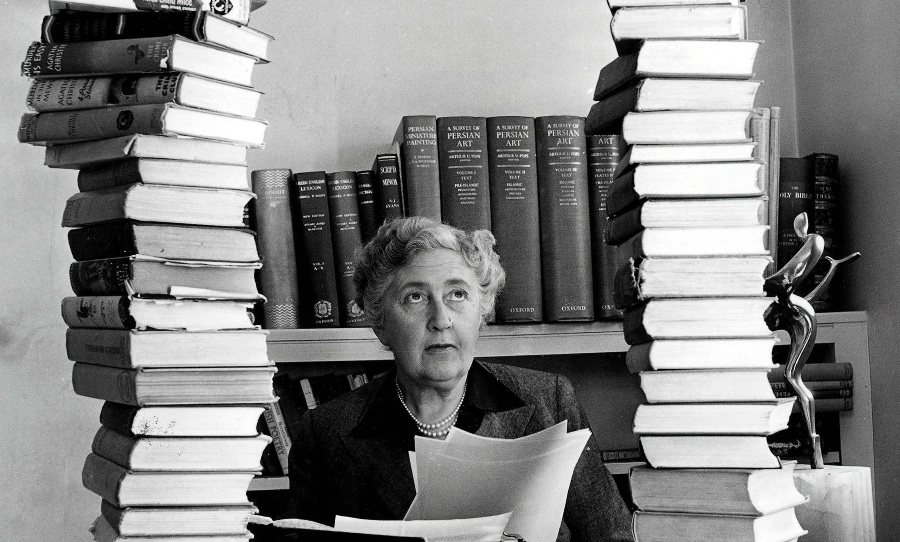Where do you begin with Margaret Atwood books? Let’s list the 10 best offerings from the prolific multiple Booker Prize-winner and feminist icon.
Over a six-decade career, Margaret Atwood’s career has spanned novels, poetry, and non-fiction. Throughout her unparalleled body of work, she has critiqued patriarchal norms and explored the full richness of human relationships through the prisms of thrilling narratives and unforgettable characters. So if you’re new to Margaret Atwood books, where on earth do you begin?
One thing’s for sure — no matter when these books were penned, the issues that she illuminates are always relevant. Read on for a rundown of the very best Margaret Atwood books ranked.
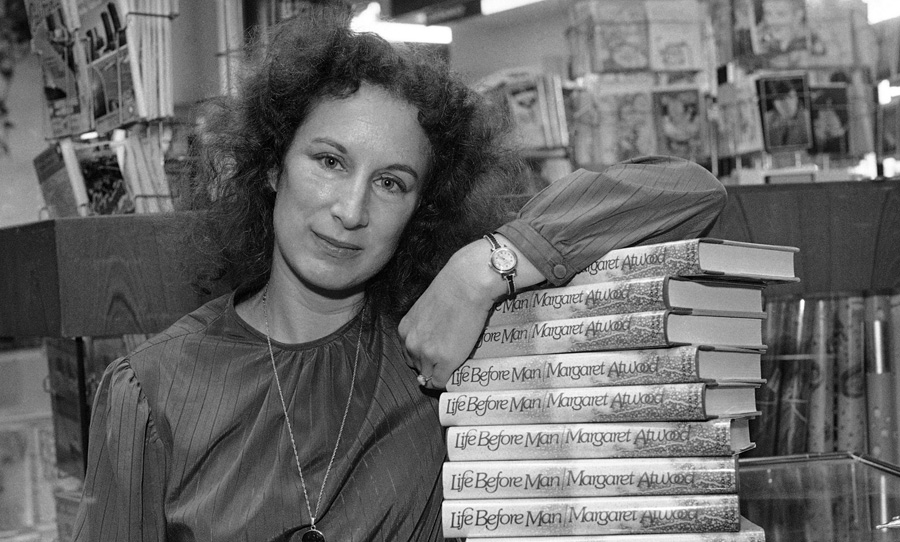
The Edible Woman (1969)
The Edible Woman was Margaret Atwood’s debut novel. And while bonafide success came later, it immediately pegged her as a literary risk-taker and innovator. It traces the tale of Marian, who, after getting engaged, falls into a dissociative state: she feels like she’s being eaten.
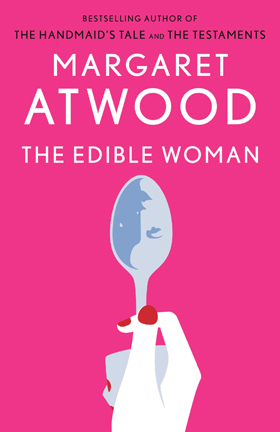
MARGARET ATWOOD
THE EDIBLE WOMAN
Life Before Man (1979)
Life Before Man delves into a marriage that has gone off the rails, resulting in infidelity. As Elizabeth and Nate seek refuge in affairs, Atwood presents the story from the perspectives of several key characters. A disturbing observation of the chaos and trauma that can afflict so-called ‘normal’ lives.
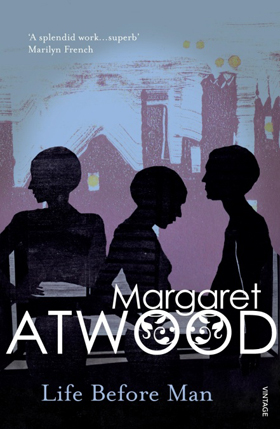
MARGARET ATWOOD
LIFE BEFORE MAN
Bluebeard’s Egg and Other Stories (1983)
In this 1983 volume, Atwood turns her imagination toward short stories. You see the author in full flight here in a collection that encompasses relationship tensions (that are occasionally undercut by comedic situations) against the backdrop of impending calamities.
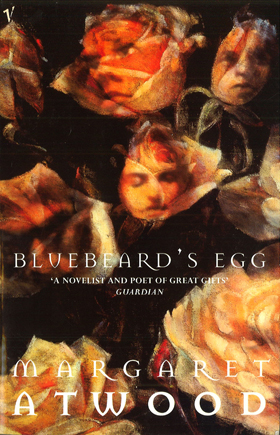
MARGARET ATWOOD
BLUEBEARD’S EGG AND OTHER STORIES
The Handmaid’s Tale (1985)
The Handmaid’s Tale was the novel that elevated Margaret Atwood to literary stardom. And unless you’ve been hiding under a rock in recent years (or have no access to a TV), you’ll know that it’s still very much part of the zeitgeist. Set in the near future, the intensely patriarchal Republic of Gilead has been established. A chillingly prescient classic.
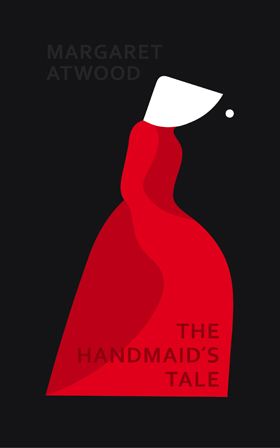
MARGARET ATWOOD
THE HANDMAID’S TALE
Cat’s Eye (1988)
A disturbing examination of the lingering effects of bullying, betrayal and coercion, Cat’s Eye traces the story of Elaine Risley, a successful artist. A trip back to her hometown of Toronto is the trigger for an emotionally unflinching recollection of a toxic, yet formative childhood relationship.
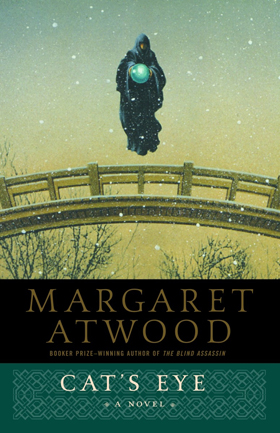
MARGARET ATWOOD
CAT’S EYE
Alias Grace (1996)
In this Booker-shortlisted novel, Atwood works her historical fiction chops. Alias Grace is a fictionalised account of an infamous double-murder that took place in Canada in 1843. The life of Grace, who is sentenced to life imprisonment for her part in the crime, is reconstructed, with the question of her guilt or innocence a key component in the plot.
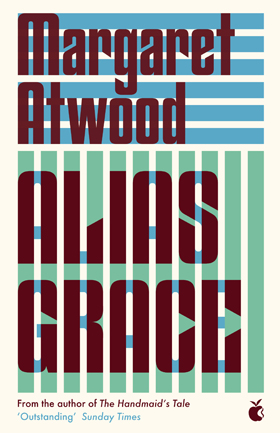
MARGARET ATWOOD
ALIAS GRACE
The Blind Assassin (2000)
This kaleidoscopic and structurally intricate novel won Margaret Atwood the Booker Prize in 2000. A family story that satisfyingly unfurls over the decades, offering up twists and turns that demonstrates Atwood’s virtuosic talent as a storyteller.
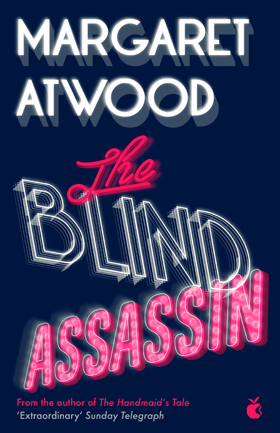
MARGARET ATWOOD
THE BLIND ASSASSIN
Hag-Seed (2016)
In the Hag-Seed, Margaret Atwood takes a Shakespearean turn. In this addictive and radical reimagining of The Tempest, Felix is a lauded theatre director who has fallen on hard times after falling victim to treachery. Revenge, when it eventually comes, will be oh so sweet.
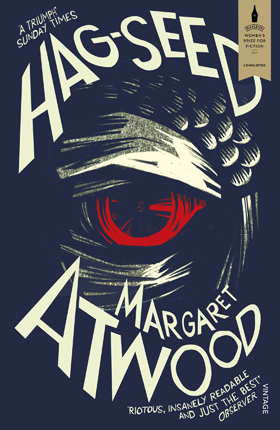
MARGARET ATWOOD
HAG-SEED
The Testaments (2019)
The Testaments — the long-anticipated sequel to The Handmaid’s Tale — netted Margaret Atwood her second Booker Prize (one that she shared with Bernadine Evaristo), placing her in rare literary company. Returning to Gilead years after the events of the first novel, readers now view the declining republic through the eyes of its autocratic overseers.
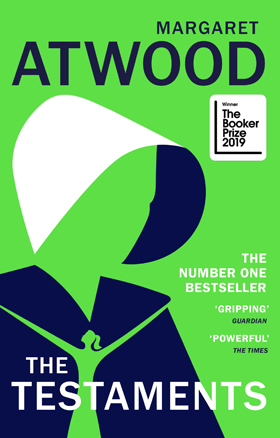
MARGARET ATWOOD
THE TESTAMENTS
Burning Questions (2022)
In a collection of non-fiction that spans 2004 to 2021, readers are welcomed to view the world through the eyes of Margaret Atwood. Never prescriptive, these essays offer wisdom, but also wonder — not to mention a healthy dose of humour and irreverence. As Atwood grapples with the world-shaping events of this era while also reflecting on her personal history, readers are left with a fresh perspective on the universal questions and challenge that confront us all.
